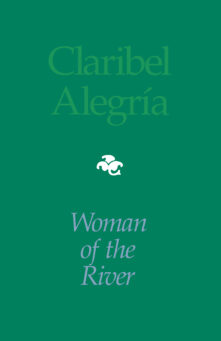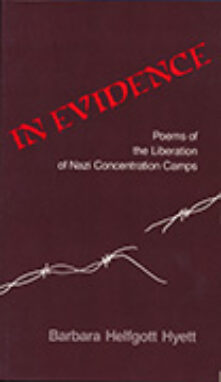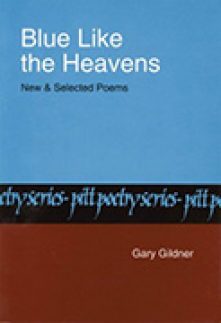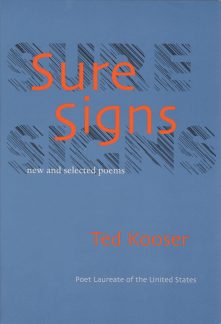With The Imaginary Lover, Alicia Ostriker takes her place among the most striking and original poets whose work is informed by feminist consciousness. Her characterization of the best poetry by women, in the New York Times Book Review, aptly describes this book: “intimate rather than remote, passionate rather than distant, defying divisions between emotion and intellect, private and public, life and art, writer and reader.” To read her poems is to “discover not only more of what it means to be a woman but more of what it means to be human.”















